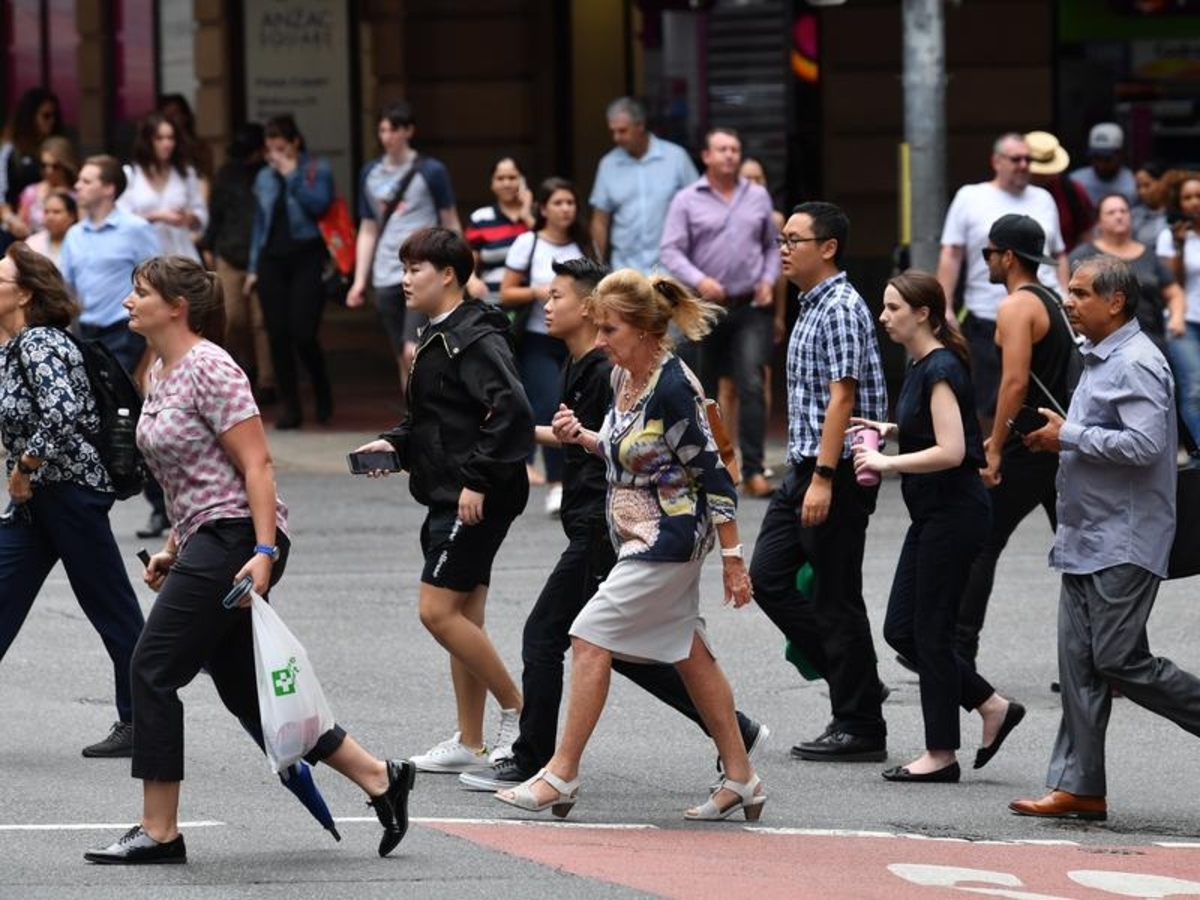
Allowing income tax bracket creep to continue unchecked would stabilise growth in government debt within a decade but could jeopardise the efficiency and equity of the tax system.
Parliamentary Budget Office (PBO) analysis found bracket creep, which happens when rising incomes lift the proportion of income tax individuals pay without any changes to the tax brackets, could help repair the budget bottom line.
The analysis found the stage three tax cuts, which would work to offset most - but not all - of bracket creep effects, would cost about $250 billion from 2032-33.
Fully offsetting bracket creep would cost $310 billion over a decade, according to the agency tasked with providing independent advice on fiscal policy.
"Relying on bracket creep to contain the growth in debt is one approach to fiscal repair," PBO researchers found.
"But it would come at a cost of reduced efficiency and equity in the tax system, with personal tax as a share of tax receipts rising towards historic highs and the top 10 per cent of earners paying a reduced share of tax."
Slashing spending, bolstering other sources of revenue and economic growth were cited as other options for budget repair.
The PBO's research found bracket creep reduced the progressiveness of the tax system and affected low and middle-income earners more, therefore reducing the share paid by the top 10 per cent.
The end of the low and middle-income offset - introduced as part of staged tax reforms implemented by the former coalition government - will see the tax paid by top earners fall to less than 50 per cent in 2022/23 and 47 per cent by 2032/33 "primarily due to bracket creep".
In 2021/22, the top 10 per cent of earners paid 52 per cent of personal income tax.
Australia also has a high reliance on income tax compared to other countries, despite falling well down the list for total tax-to-GDP ratio.
The agency said an over-reliance on a type of tax tends to lead to higher rates for that tax, reducing its efficiency.
"It can also leave government revenues vulnerable to changes in the composition of the economy over time, such as a reduction in the ratio of working-age people to the total population associated with demographic change," the research found.
Other developed countries rely more heavily on other revenue sources, such as the goods and services tax and other consumption taxes.
The International Monetary Fund weighed in on Australia's tax reform debate earlier this week.
It noted the stage three tax cuts would reduce the personal income tax burden and said Australia would be best to double down on "under-utilised" indirect taxes, such as property taxes and the GST.
The United Nations agency recommended ditching stamp duty in favour of land taxes to promote housing affordability, labour mobility and a more sustainable tax base.







